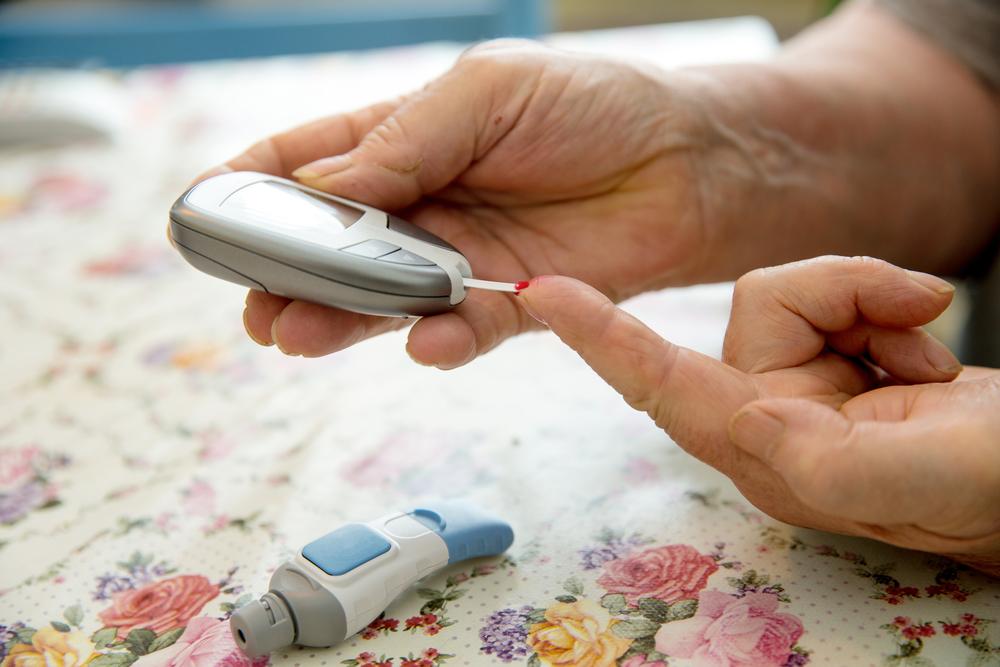Recognizing Key Signs of Diabetes You Should Address Promptly
Early detection of diabetes is vital. Recognizing symptoms like frequent urination, constant hunger, weight loss, fatigue, and vision changes can help in prompt diagnosis and better management. This article highlights common signs to watch for and emphasizes the importance of timely medical consultation for effective treatment.

Recognizing Key Signs of Diabetes You Should Address Promptly
Diabetes can present with various early warning signs that are easy to overlook. Understanding common symptoms is crucial for early diagnosis and effective management.
Diabetes is a significant health condition caused by the body's inability to produce or properly use insulin. Insulin is essential for converting blood sugar (glucose) into energy. When insulin production or function is impaired, glucose accumulates in the blood, leading to potential health issues and noticeable symptoms.
In some instances, individuals with diabetes may not display obvious symptoms.
Symptoms can differ based on whether you have type 1 or type 2 diabetes. Nonetheless, there are several common indicators that warrant medical attention. Recognizing these subtle signs early can facilitate timely diagnosis and optimal treatment outcomes.
Frequent urination and excessive thirst
One of the primary signs of diabetes is frequent urination coupled with extreme thirst. Elevated blood glucose levels cause the kidneys to work harder to filter out sugar, leading to increased urine production. This dehydration triggers a cycle of drinking more fluids and urinating often.
Persistent hunger
Uncontrolled diabetes can cause constant hunger. Because insulin deficiency hampers glucose utilization by cells, your body perceives energy shortage, signaling you to eat more. This ongoing hunger accompanies high blood sugar levels.
Unexpected weight loss
Significant weight reduction can occur, especially in type 1 diabetes. Excess glucose loss through frequent urination leads to calorie and fat breakdown, resulting in weight loss. This symptom indicates the body's attempt to find alternative energy sources due to insulin issues.
Persistent tiredness
Fatigue and weakness are common when blood sugar levels are uncontrolled. Without effective insulin, glucose isn't properly supplied to cells, reducing energy and causing exhaustion. Dehydration from increased urination further worsens tiredness.
Vision problems
High blood sugar can affect eyesight, leading to blurred vision. Excess sugar pulls fluid from the eye lenses, impairing focus. If untreated, these changes can result in long-term vision loss.
Gum infections and inflammation
Diabetes weakens immune defenses, increasing susceptibility to gum infections. If you notice red, swollen, or tender gums, it might be linked to diabetic symptoms.
Slow healing of cuts and frequent infections
High blood sugar hampers the body's healing and infection-fighting capabilities. Increased incidence of infections and slow wound healing can signal diabetes.
Numbness and tingling sensations
Experiencing numbness or tingling, especially in the hands and feet, is a common neurological sign of unmanaged diabetes, caused by excess sugar damaging nerves.
Mood swings and irritability
Fluctuations in blood sugar can affect mood, leading to irritability and frustration. Fatigue and constant hunger also contribute to emotional instability.
Note:
Our blog offers diverse and practical health information. While our research provides valuable insights, it should not replace professional medical advice. We are not responsible for discrepancies or inaccuracies in other sources. Readers should consult healthcare providers for diagnosis and treatment options tailored to their needs.










